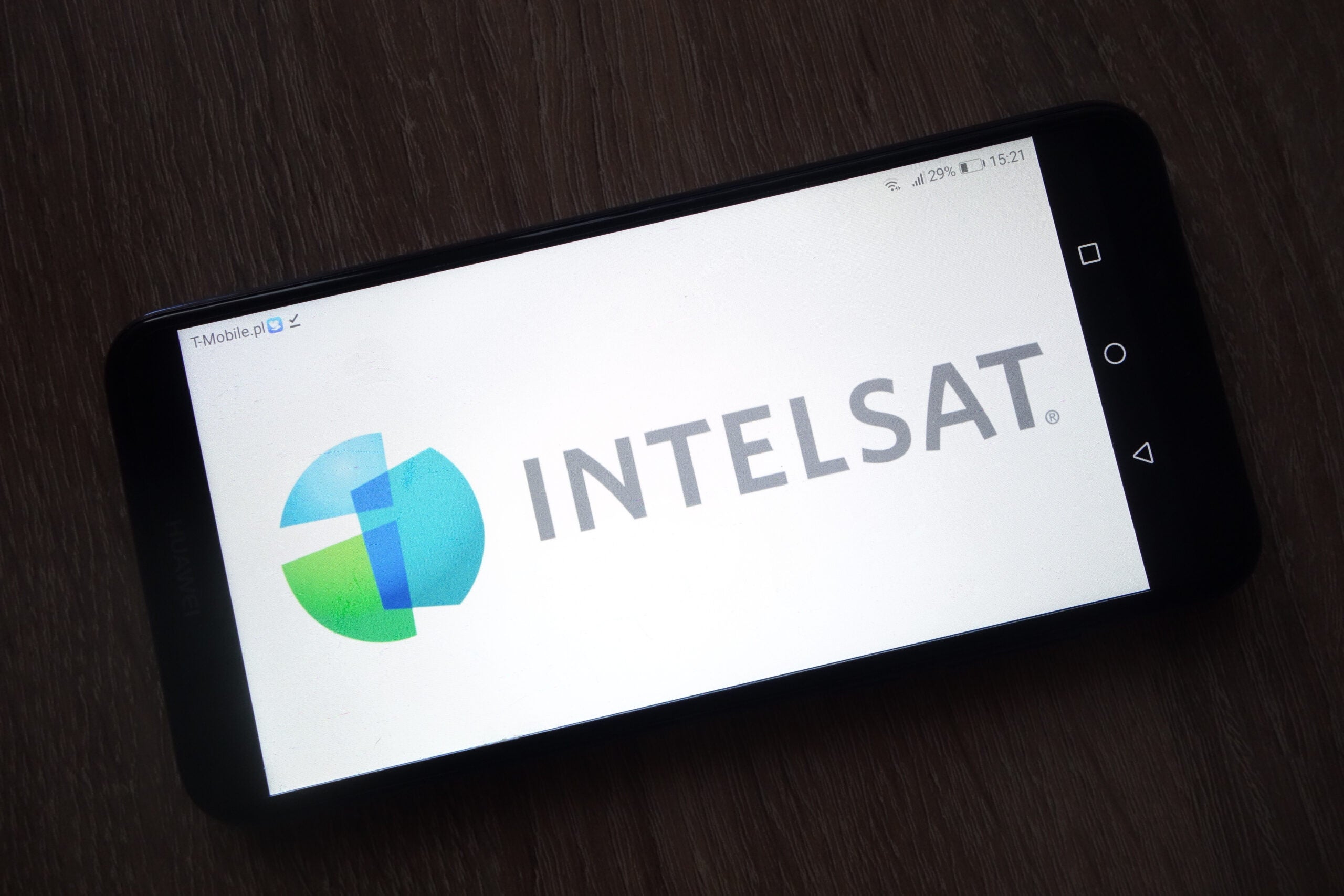
US-based satellite technology firm Intelsat is eyeing major growth opportunities in the Middle East region, according to Rhys Morgan, the firm’s vice president and general manager for media and telecommunications in Europe, Middle East andAfrica (Emea).
This comes from the adoption of increased automation across vertical sectors including in minerals and mining, industries, mobility and energy, among others.
Private 5G cellular network connected via satellites is becoming a key trend
While these industries have been resistant to the adoption of the public networks for security reasons, Morgan says private cellular network adoption is growing and will play an important role in the ongoing digital and energy transition.
“It is a major focus area [for Intelsat],” the executive tells MEED.
It is understood that private 5G cellular network connected via satellites is becoming a key trend in settings such as offshore oil and gas or mining operations.
Intelsat is in discussions with major telcos in the region for the supply of its high-altitude platform station
Satellite – though frequently seen as more expensive than terrestrial or microwave connectivity – is the most common option for linking entities that are located in sparsely populated, remote areas where laying down expensive fibre-optic cables is hard to justify, as well as in offshore locations.
How well do you really know your competitors?
Access the most comprehensive Company Profiles on the market, powered by GlobalData. Save hours of research. Gain competitive edge.

Thank you!
Your download email will arrive shortly
Not ready to buy yet? Download a free sample
We are confident about the unique quality of our Company Profiles. However, we want you to make the most beneficial decision for your business, so we offer a free sample that you can download by submitting the below form
By GlobalData“People are looking at satellite as the ultimate backup in connecting hard-to-reach places. Major corporations globally are looking at improving and safeguarding their mission-critical infrastructure,” explains Morgan, who says that having satellite connectivity can negate some of the threats a business faces, primarily in terms of cyber-attacks.
Working with local telcos
Intelsat is working with key telecommunications companies (telcos) across the region “to push them to the forefront of non-terrestrial solutions”.
Telcos usually complement their extensive land-based network with satellites for roaming, as well as other services such as aircraft and ship connectivity.
It is understood that Intelsat is in discussions with major telcos in the region for the supply of its high-altitude platform stations (Haps).
Haps can be be used to provide both fixed broadband connectivity for end-users and transmission links between the mobile and core networks used for backhauling traffic, according to the International Telecommunication Union.
The system functions like an autonomous aircraft or mobile phone tower that can reach an altitude of 60,000 feet.
Intelsat, which this year emerged from a two-year Chapter 11 proceeding, plans to invest an estimated $2bn in 5G.
“We are launching a new fleet of satellites by the middle of this decade, which will help provide a massive uplift in bandwidth in the region,” Morgan says, adding that the firm has placed an order for 12 new satellites.
These new “software-defined satellites” are extremely flexible, enabling services such as the allocation of a specific bandwidth to a ship or aircraft so that owners can perform real-time tracking of sea- or air-bound vessels.
The same function can be applied to concerts or cultural events, as well as to religious festivals, according to Morgan.







Related Company Profiles
Intelsat SA